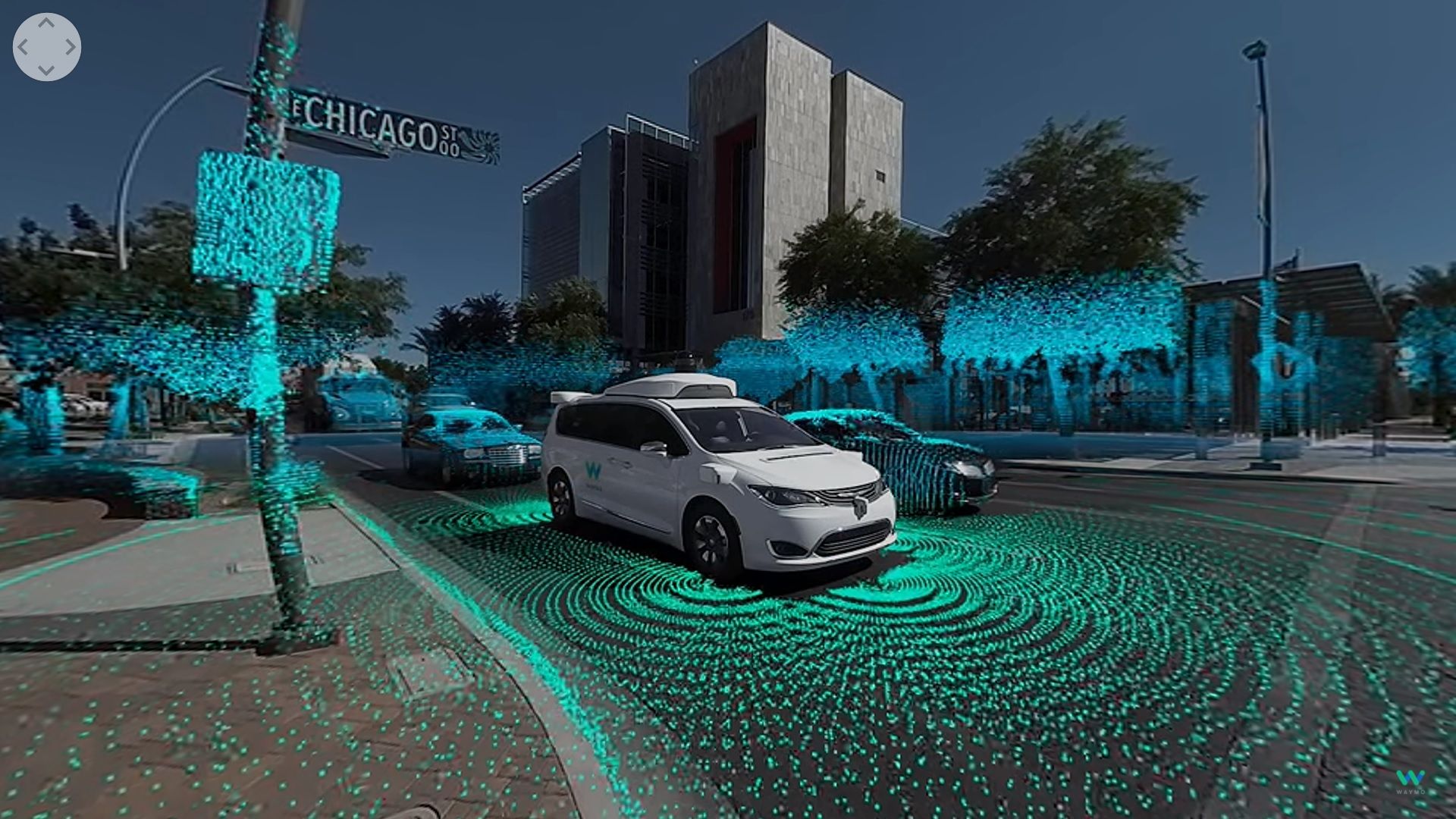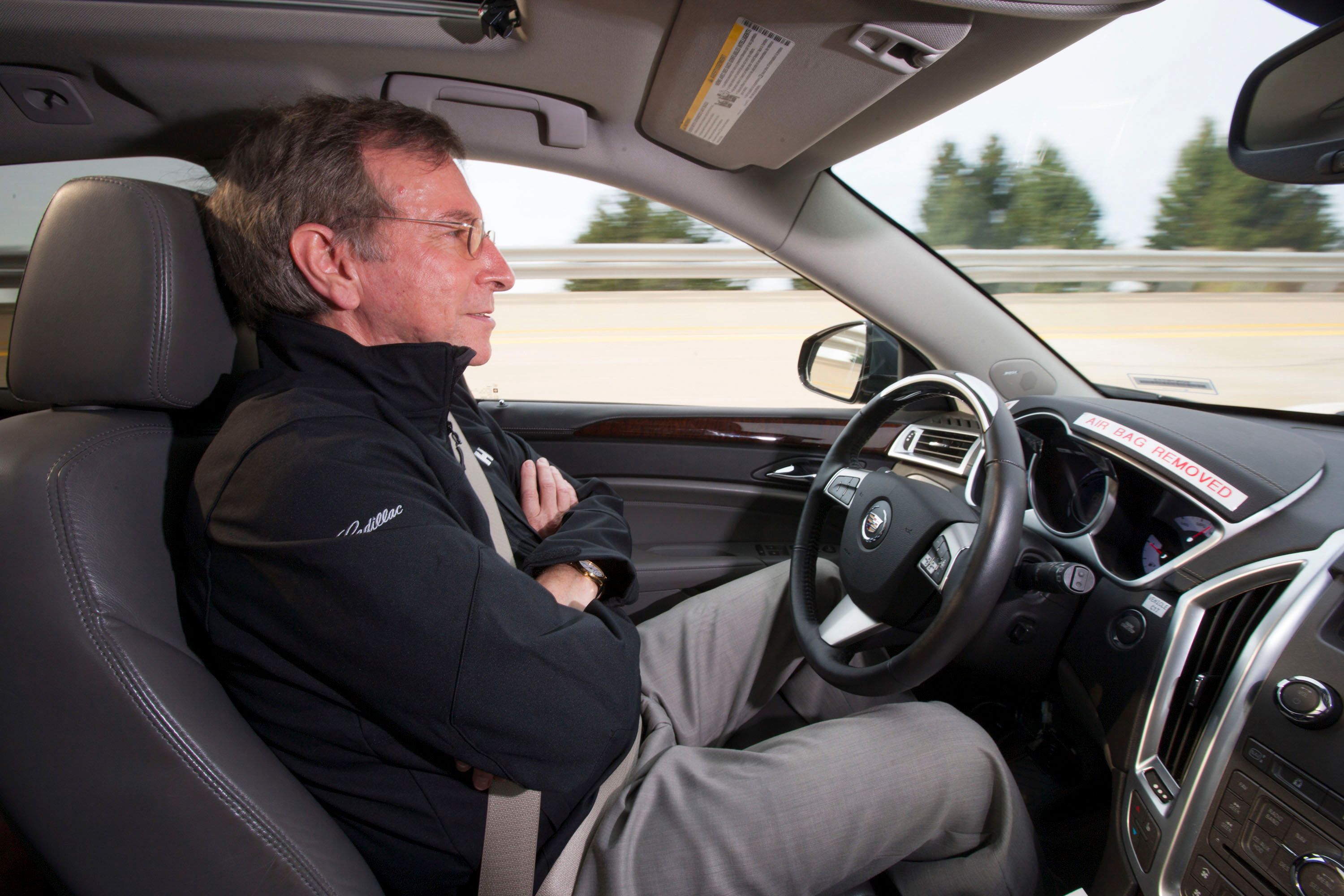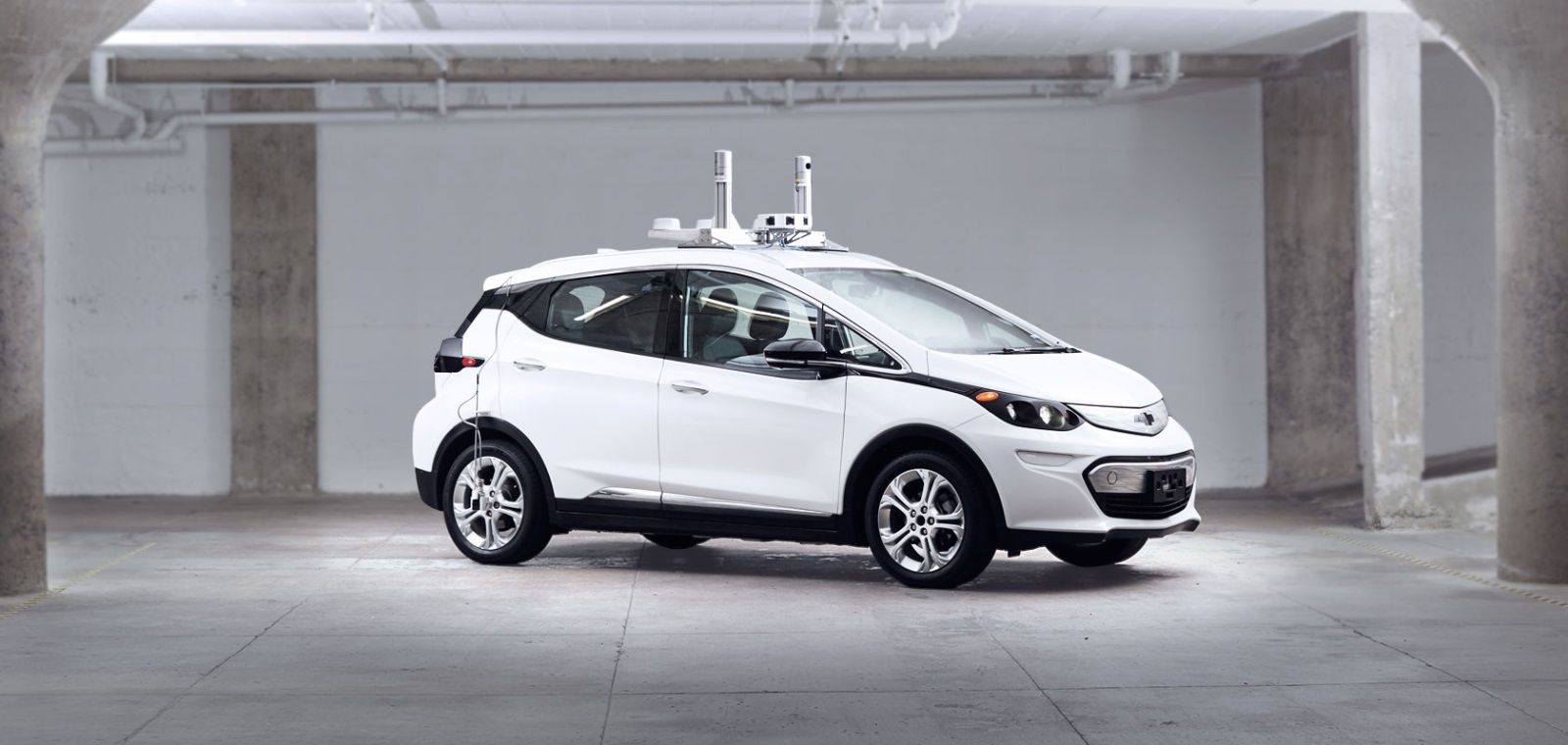Autonomous vehicles might be exempt in the future from some of the safety standards put in place by the NHTSA (National Highway Traffic Safety Administration) if changes that accommodate this new type of road vehicle sees the light of day.
Automotive giants such as GM have called for legislative changes that would allow "the full deployment of self-driving vehicles" which, at the moment, have to be equipped with a steering wheel, pedals, and mirrors, although autonomous cars don't have a driver.
As such, The NHTSA "intends to reconsider the necessity and appropriateness of its current safety standards" as applied to automated vehicles, the U.S. Department of Transportation said in an 80-page update of its principles dubbed "Automated Vehicles 3.0."
The Full Story
The idea is that autonomous cars should have all the equipment in place for a human to take over control if it's necessary. However, this may change in the near future, which is what some big names in the automotive industry want.
In fact, as early as January of this year, GM filed a petition so they can implement by 2019 their ride-sharing program which would see autonomous cars driving around without human controls onboard. The 80-page "Automated Vehicles 3.0" document was presented by U.S. Transportation Secretary Elaine Chao who pointed out that autonomous vehicles can drastically reduce the number of crashes - which were the cause of some 37,000 deaths last year alone. However, she added that the "public has legitimate concerns about the safety, security, and privacy of automated technology."
According to Reuters, "NHTSA has not declared the GM petition complete, a step necessary before it can rule on the merits. NHTSA said it plans to propose modernizing procedures to follow when reviewing exemption petitions." This comes at a time when a similar legislative push in the Congress has ground to a halt after passing through the House of Representatives last year. "It has only a slender chance of being approved in 2018, congressional aides said," according to Reuters.
While GM, as well as Alphabet Inc’s Waymo, which plans to launch a ride-hailing service with a fleet of autonomous vehicles in Arizona before the end of 2018, push for regulation changes, skepticism still floats around the current technology employed by A.I.-driven cars and the way it can tragically backfire.
"Despite deaths, injuries, and crashes involving a variety of semi-autonomous and autonomous vehicle technology across the country, DOT (Department Of Transportation) continues to insist that eliminating regulation is the way to achieve safety," the Center for Auto Safety said in a statement quoted by The Verge.
The driver of the SUV did not react as he was watching a video at the time. As an immediate aftermath, Uber suspended their testing program on the open road.
While this report makes it easier for us to foresee a future when autonomous cars will roam free on the roads of America, the end of human driving isn't around the corner just yet. The report states that the Trump administration isn't behind the idea to ban human driving in the near future as the DOT "embraces the freedom of the open road, which includes the freedom for Americans to drive their own vehicles."
Further Reading
Read more technology news.
Read more autonomous cars news.



